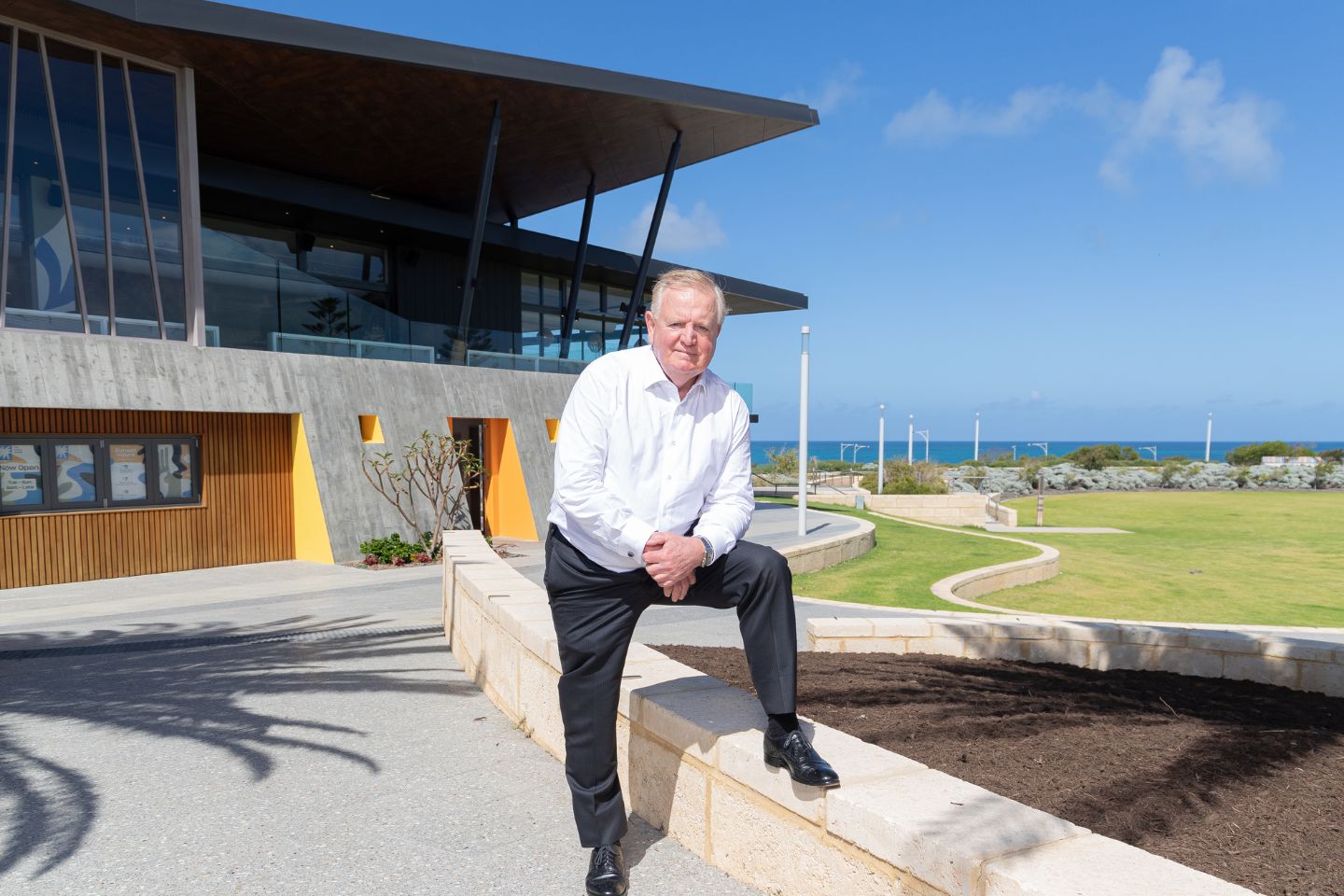
The city was the European capital of the slave trade from the 1780s Acknowledging Liverpool's roots as a centre for the slave trading can be incredibly uncomfortable - but it is crucial this shameful part of our city's history is never brushed aside. Today, October 18, is International Anti-Slavery Day , and Liverpool's dark legacy must be addressed head-on. The city has become known over the world for its welcoming spirit, inclusive culture and outward-looking attitude.
It is a melting pot of people from every corner of the globe, with Scousers priding themselves on their friendly reputation. However, the progressive and accepting city has a regrettable past of exploitation we must always remember. Much of Liverpool's history was built on the back of a transatlantic slave trade that dealt in human lives, forcing countless people into conditions of degradation and brutality.
Trading in human lives made the city rich and powerful, leaving a lasting impact for future generations. The slave trade - and the wealth it generated - played a pivotal role in shaping Liverpool as we see it today. Liverpool was the European capital of the slave trade from the 1780s right up until slavery was abolished in Britain in 1807.
The city's maritime history was instrumental in elevating Liverpool to a position of global power and prominence. However, among the maritime trade flowing in and out of the city was a thriving slave trade that made traders wealthy off the back of human suffering. Mersey ships forcibly transported nearly 1.
5m Africans into slavery, as people were shipped to the Americas and the Caribbean. Liverpool merchants were ruthless in their efforts to undercut rivals' costs, speed up turnaround times and enhance operational flexibility, fostering close ties with African slave traders. Slave ships were frequently built or repaired in Liverpool, with the 'Liverpool Merchant' being the first recorded slave ship to set sail from the city.
She embarked on her journey in October 1699 and arrived in Barbados in September 1700, carrying a cargo of 220 enslaved Africans. Sir Thomas Johnson, part-owner of 'Liverpool Merchant', is recognised as the 'founder of modern Liverpool'. By 1795, Liverpool dominated over 80% of the British and more than 40% of the entire European slave trade, surpassing Bristol and London.
Consequently, much of the city's 18th-century wealth stemmed from this trade. The personal and civic wealth accrued from slavery laid the groundwork for the port's future expansion. It's impossible to separate Liverpool's maritime and commercial growth from the atrocities of the slave trade.
Signs of the slave trade are scattered throughout the city. Very few slaves actually passed through Liverpool - but the city's wealth and power were significantly boosted, leaving an indelible mark for future. From grand houses constructed with slave money to familiar street names, there are reminders everywhere.
Several of the city's busiest and most prominent streets bear the names of slave traders and merchants who profited from Liverpool's involvement in the slave trade. Bold Street was named after Jonas Bold, a prominent slave merchant, sugar trader and banker who served as the Mayor of Liverpool in 1802. Some of our most iconic buildings also bear traces of the slave trade - such as the , which is adorned with stone carvings of slave ships on its facade.
Exchange Flags also played a key role in the slave trade, with merchants congregating there to conduct their business in the open air. Today, hundreds of city centre workers traverse through Exchange Flags on their way to work, but during the peak of the slave trade, it would be bustling with merchants exchanging 'business cards' bearing the flag of their slave ship. These buildings, street names and hidden details serve as a constant reminder of slavery's lasting imprint on the city.
While many cities opt to ignore their connections to slavery, Liverpool stands out as an exception. According to Dr Nick Drater, who headed the Centre for the Study of the Legacies of British Slave-ownership at University College London, Liverpool's "unique dedication to remembering the atrocities of slavery sets it apart from many other cities". Liverpool has sought ways to commemorate and make amends for its central role in the slave trade.
In 2007, the International Slavery Museum was inaugurated in Albert Dock , shedding light on the international and historical significance of the transatlantic slave trade. The museum sheds light on the city's historical involvement in slavery, with a particular emphasis on both freedom and enslavement. Dr Richard Benjamin, former head of the museum, previously told the ECHO about this solemn aspect of Liverpool's past.
Highlighting the deep historical ties, he said: "Liverpool was at the epicentre of the transatlantic slave trade from the mid-eighteenth to early nineteenth centuries. "Thousands of voyages started from the docks near to where the museum stands today and many merchants, investors and senior civic figures made vast profits from their involvement in the enslavement of Africans. Liverpool wouldn't look like it does today without its involvement in this most despicable chapter of world history.
" The museum aims to create awareness around the consequences that linger today. He added: "We also live with the legacies of transatlantic slavery such as racism and discrimination and so the museum shares knowledge and increases understanding to challenge that." In a significant act of contrition back in 1999, Liverpool City Council formally apologised for the city's role in the slave trade.
It was unanimously recognised that Liverpool must acknowledge its part played across three centuries of slave trading. An unreserved apology was extended by the council, particularly acknowledging the impact that slavery has had on Liverpool's Black communities to this day..










